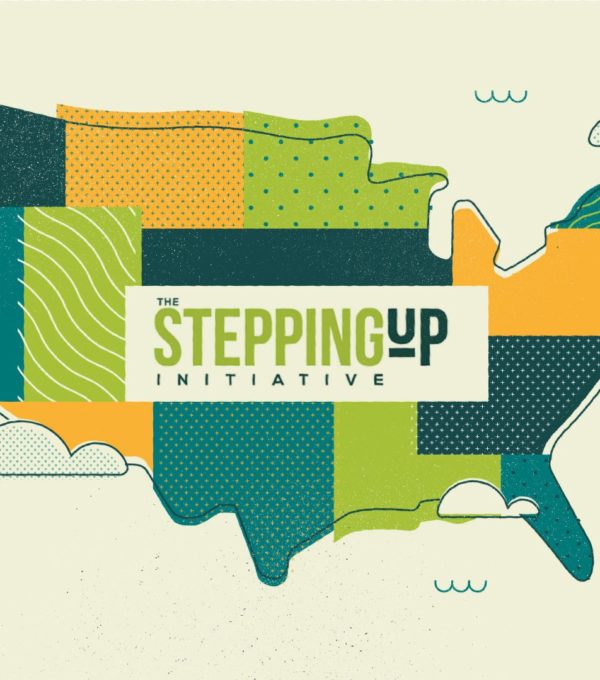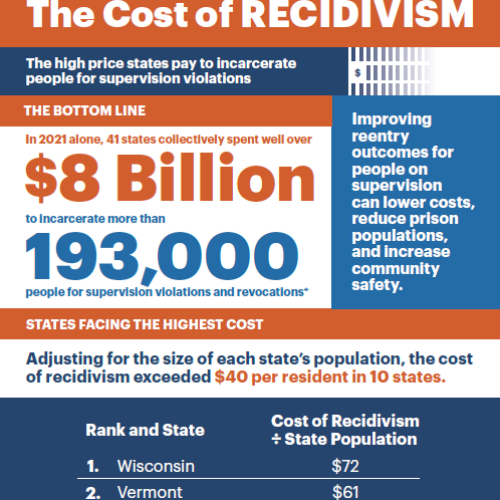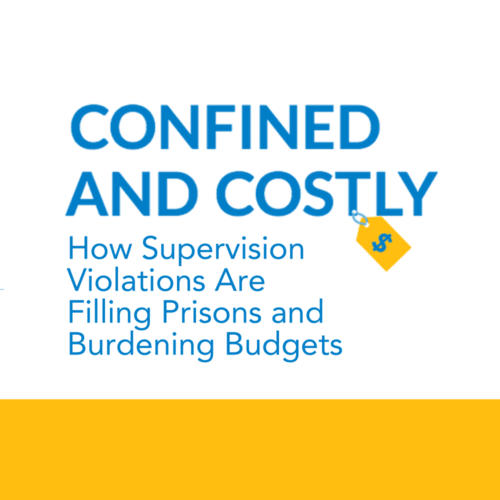North Carolina
COVID-19 Assistance for the Justice Community
 The ever-changing nature of the COVID-19 pandemic requires policymakers and criminal justice practitioners to rapidly adapt their day-to-day operations to the situation at hand. While the pace and scale of the crisis can be overwhelming, the CSG Justice Center is committed more than ever to supporting its members—state and local officials working in all three branches of government in criminal and juvenile justice, behavioral health, housing, and labor.
The ever-changing nature of the COVID-19 pandemic requires policymakers and criminal justice practitioners to rapidly adapt their day-to-day operations to the situation at hand. While the pace and scale of the crisis can be overwhelming, the CSG Justice Center is committed more than ever to supporting its members—state and local officials working in all three branches of government in criminal and juvenile justice, behavioral health, housing, and labor.
North Carolina Initiatives
In partnership with North Carolina state leaders, the CSG Justice Center is working on several key criminal justice initiatives to increase public safety, including Face to Face, Stepping Up, and Justice Reinvestment.

Face to Face creates meaningful interactions between policymakers and people who have…
Read More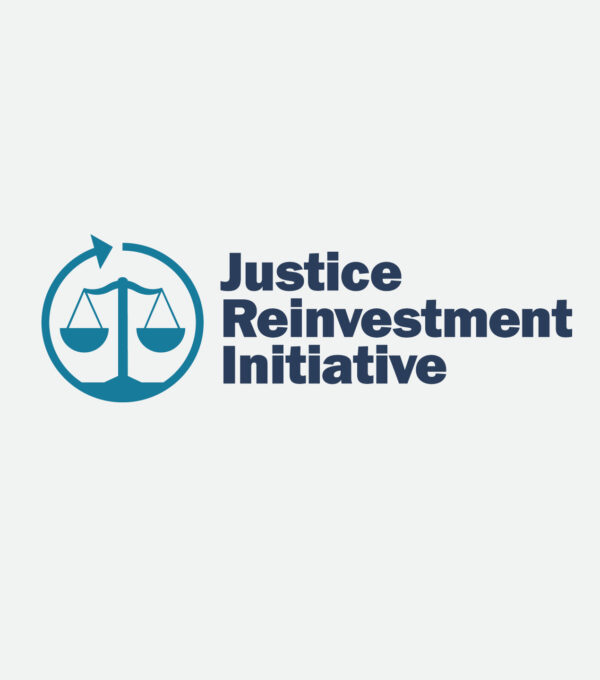
Justice Reinvestment is a data-driven approach to improve public safety, reduce corrections…
Read More
When people return to their communities after incarceration, they often face multiple…
Read More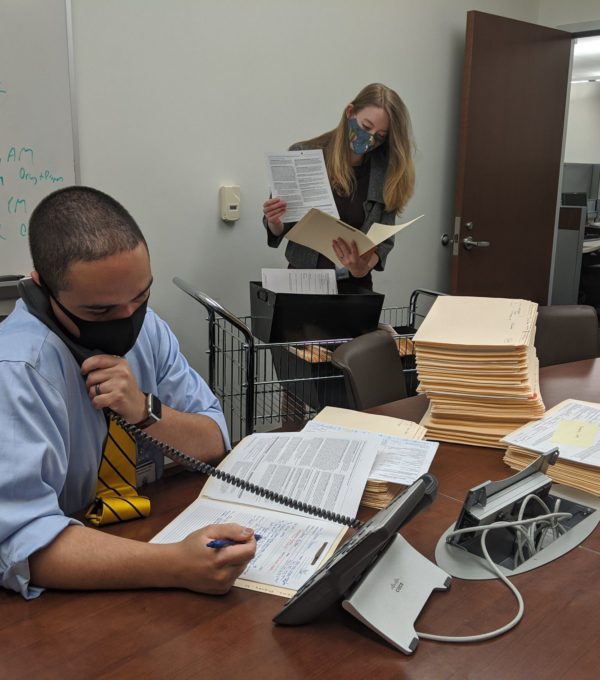
The latest in a series sponsored by the Judges and Psychiatrists Leadership…
Read More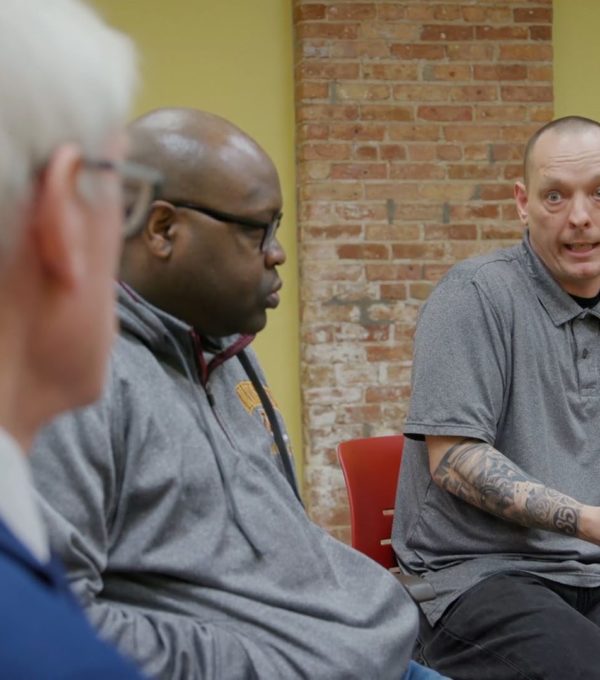
Many reentry operations reported concerns about keeping their doors open, reporting cash-flow…
Read More
Senate leaders took strong bipartisan action in support of three programs aimed…
Read More
Congressional leaders took strong bipartisan action in support of three programs aimed…
Read More
“Every time that a law enforcement officer brings someone in and helps…
Read More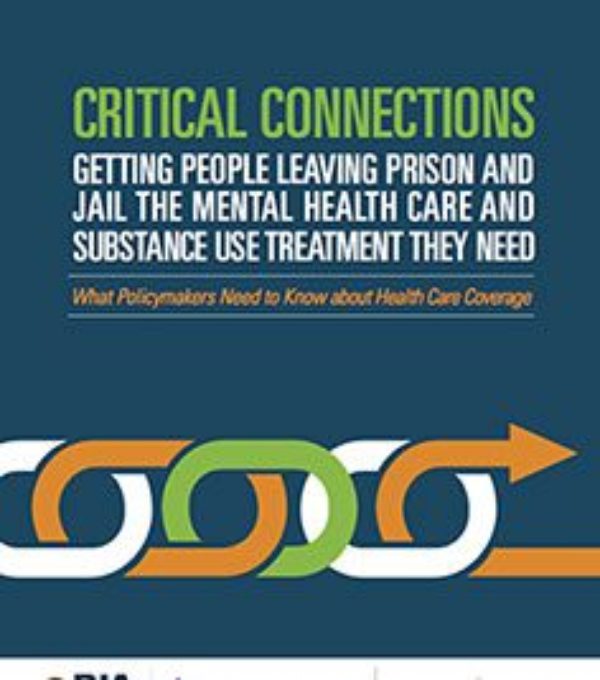
A disproportionate number of people in the nation’s criminal justice system face…
Read MoreArkansas policymakers have long expressed concerns about the state’s high recidivism rate. Over the past 10 years, an…
Read MoreIn April 2025, Arkansas Governor Sarah Huckabee Sanders signed a package of bipartisan criminal justice legislation into law,…
Read More Explainer: Key Findings and Options from Arkansas’s Justice Reinvestment Initiative
Explainer: Key Findings and Options from Arkansas’s Justice Reinvestment Initiative
Arkansas policymakers have long expressed concerns about the state’s high recidivism rate. Over the past 10 years, an estimated 72 percent of prison admissions in the state involved people who were revoked from supervision, with unmet substance use and mental health challenges playing a significant role in these failures.
Read More Explainer: How a New Law in Arkansas Tackles Crime, Recidivism, and Community Supervision Challenges
Explainer: How a New Law in Arkansas Tackles Crime, Recidivism, and Community Supervision Challenges
In April 2025, Arkansas Governor Sarah Huckabee Sanders signed a package of bipartisan criminal justice legislation into law, which is designed to increase public safety and improve community supervision. The legislation passed nearly unanimously.
Read More










